Fixing old media’s flawed foundations
It was early 2000. I was a doctoral candidate finishing my dissertation and interviewing for an academic position. In the midst of a tech boom that was destined to crash just under two years later, everybody in academia wanted to hire a “new media” candidate. Few understood what new media meant. Most newspapers were using the internet to advertise their print editions. They thought it would be advantageous, back then, to offer news online for free. What a mistake that was. A clear underestimation of what the internet would become.
“What’s so new about new media?” I was asked. Everything and nothing, I’d respond. “Amazon will surely fail,” I was prompted. No, I would say, they just need more and better distribution centers. And of course, in 2000, what older white males interviewing me wanted assurance for most was this emphatic statement: “Well, newspapers are never going away.” Well, the paper won’t be there, but the news is here to stay, I’d respond. I was laughed at more often than not. I got weird looks when I said that, one day, the internet would be as ubiquitous as electricity. Using it would feel as natural as walking into a room and turning the lights on.
I did get hired, by a department and college run by some forward-thinking women. I was later also hired by forward-thinking men and visionary people of color. The gradual yet steady change I see in the workplace heartens me, even though things are still far from perfect. As I look at the internet now, in 2021 — amid the pandemic, the Facebook papers, the post-truth enduring moment, and an environment saturated with dis- and misinformation — here is what I have to say about 2022: It’s not (just) the internet that needs fixing. In the midst of clamoring over digital platforms, we forgot to fix old media. Mainstream media. Legacy media. Journalism and its economic foundation. Use your term of choice.
Monopolies of information existed before the internet. The economics of newsmaking had already gotten in the way of journalism before online platforms appeared. Oligopolies had driven independents and local newspapers out of the market. Media conglomerates were deeply susceptible to advertisers and vulnerable to the politics of lobbyists. Media scholars routinely updated their syllabi and research with the most recent vertical and horizontal monopoly charts of media conglomerates and the way they dominated the news ecosystem. News by the few, engineered for an audience of many. We never fixed what was broken about old media. Instead, we built something new on top of an already flawed foundation.
The problem isn’t just that Facebook and other platforms spread and amplify disinformation and misinformation. The issue is that what gets shared and amplified already exists out there. It gets commented on and further recycled by existing media structures with a media history and legacy longer and grander than that of Facebook and others. Let’s remove Facebook, Twitter, and Reddit from the equation altogether. Would Fox News not amplify it? Would CNN not continue to engage in content that is news commentary from self-proclaimed experts, but not journalism?
It’s the economics of journalism that drive the algorithms. Let’s not get distracted and lose sight of the core problem. It’s not just the algorithms that need auditing. It’s also the profit-driven structure of news media that needs a do-over.
I am not suggesting that we put the profit motive aside, just that we rethink how it works. There’s a way to make money and stay loyal to democratically anchored news values at the same time. There’s more than one way to do so. Put the journalists in conversation with the scientists. And let’s put more people of color and colorful backgrounds in charge. Because more often than not, they have proved they know what they’re doing and that they’re ahead of the curve.
Zizi Papacharissi is a professor of communication and political science at the University of Illinois–Chicago.
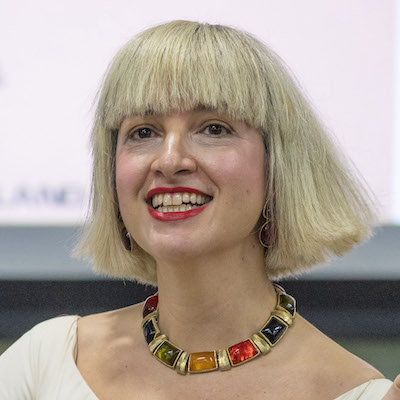
It was early 2000. I was a doctoral candidate finishing my dissertation and interviewing for an academic position. In the midst of a tech boom that was destined to crash just under two years later, everybody in academia wanted to hire a “new media” candidate. Few understood what new media meant. Most newspapers were using the internet to advertise their print editions. They thought it would be advantageous, back then, to offer news online for free. What a mistake that was. A clear underestimation of what the internet would become.
“What’s so new about new media?” I was asked. Everything and nothing, I’d respond. “Amazon will surely fail,” I was prompted. No, I would say, they just need more and better distribution centers. And of course, in 2000, what older white males interviewing me wanted assurance for most was this emphatic statement: “Well, newspapers are never going away.” Well, the paper won’t be there, but the news is here to stay, I’d respond. I was laughed at more often than not. I got weird looks when I said that, one day, the internet would be as ubiquitous as electricity. Using it would feel as natural as walking into a room and turning the lights on.
I did get hired, by a department and college run by some forward-thinking women. I was later also hired by forward-thinking men and visionary people of color. The gradual yet steady change I see in the workplace heartens me, even though things are still far from perfect. As I look at the internet now, in 2021 — amid the pandemic, the Facebook papers, the post-truth enduring moment, and an environment saturated with dis- and misinformation — here is what I have to say about 2022: It’s not (just) the internet that needs fixing. In the midst of clamoring over digital platforms, we forgot to fix old media. Mainstream media. Legacy media. Journalism and its economic foundation. Use your term of choice.
Monopolies of information existed before the internet. The economics of newsmaking had already gotten in the way of journalism before online platforms appeared. Oligopolies had driven independents and local newspapers out of the market. Media conglomerates were deeply susceptible to advertisers and vulnerable to the politics of lobbyists. Media scholars routinely updated their syllabi and research with the most recent vertical and horizontal monopoly charts of media conglomerates and the way they dominated the news ecosystem. News by the few, engineered for an audience of many. We never fixed what was broken about old media. Instead, we built something new on top of an already flawed foundation.
The problem isn’t just that Facebook and other platforms spread and amplify disinformation and misinformation. The issue is that what gets shared and amplified already exists out there. It gets commented on and further recycled by existing media structures with a media history and legacy longer and grander than that of Facebook and others. Let’s remove Facebook, Twitter, and Reddit from the equation altogether. Would Fox News not amplify it? Would CNN not continue to engage in content that is news commentary from self-proclaimed experts, but not journalism?
It’s the economics of journalism that drive the algorithms. Let’s not get distracted and lose sight of the core problem. It’s not just the algorithms that need auditing. It’s also the profit-driven structure of news media that needs a do-over.
I am not suggesting that we put the profit motive aside, just that we rethink how it works. There’s a way to make money and stay loyal to democratically anchored news values at the same time. There’s more than one way to do so. Put the journalists in conversation with the scientists. And let’s put more people of color and colorful backgrounds in charge. Because more often than not, they have proved they know what they’re doing and that they’re ahead of the curve.
Zizi Papacharissi is a professor of communication and political science at the University of Illinois–Chicago.
A.J. Bauer

Wilson Liévano
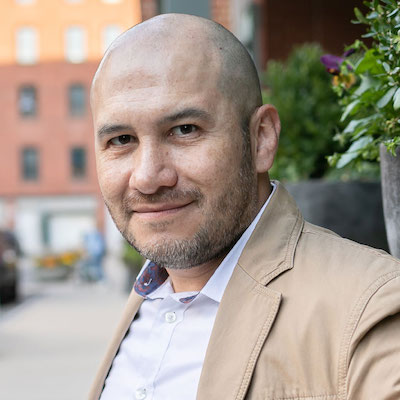
David Cohn

James Green

Christoph Mergerson
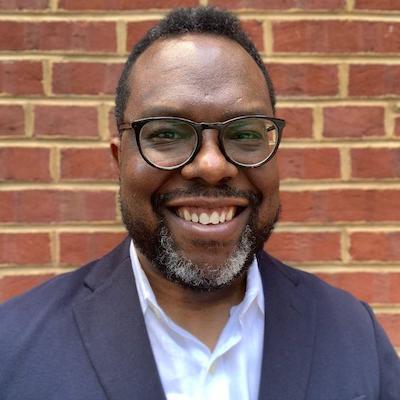
David Skok
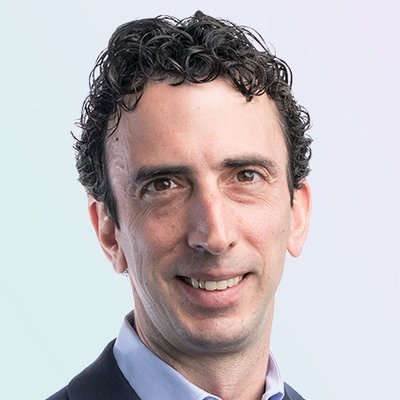
Raney Aronson-Rath
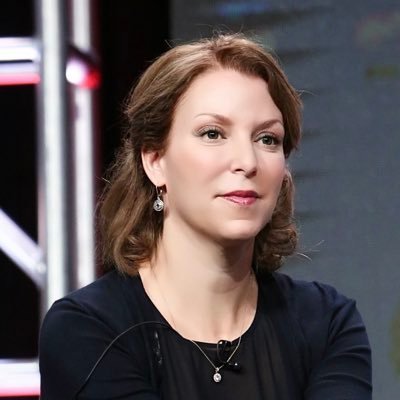
Ståle Grut

Michael W. Wagner

Stefanie Murray

Ariel Zirulnick
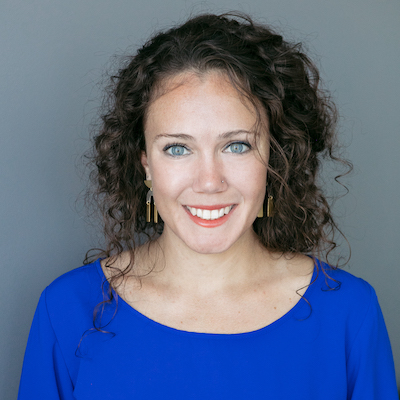
j. Siguru Wahutu
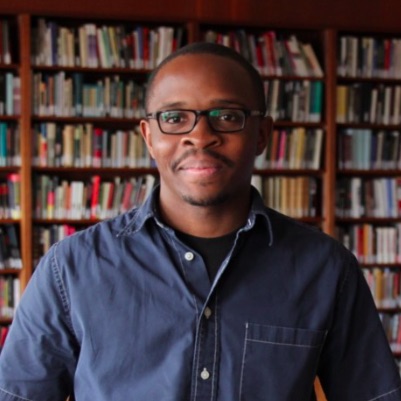
Meena Thiruvengadam
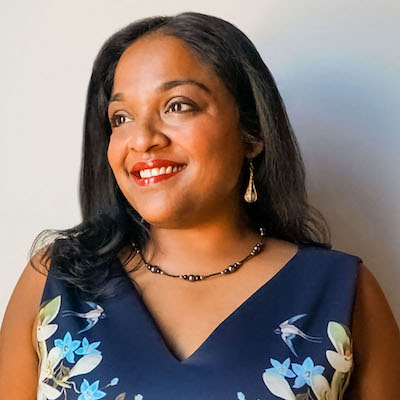
John Davidow

Simon Galperin

Don Day

Cristina Tardáguila
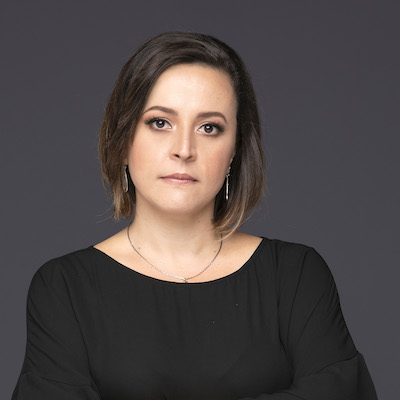
Cherian George
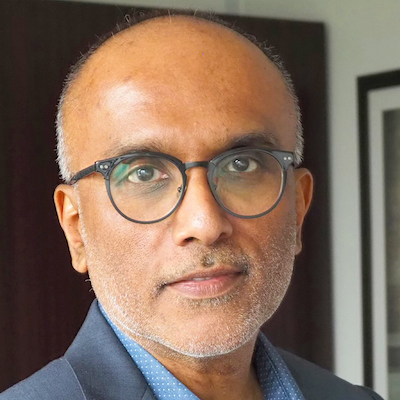
Candace Amos
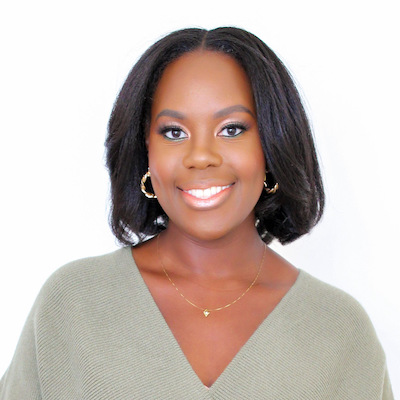
AX Mina

Julia Angwin
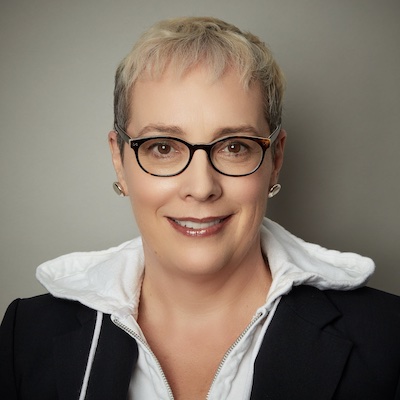
Mike Rispoli
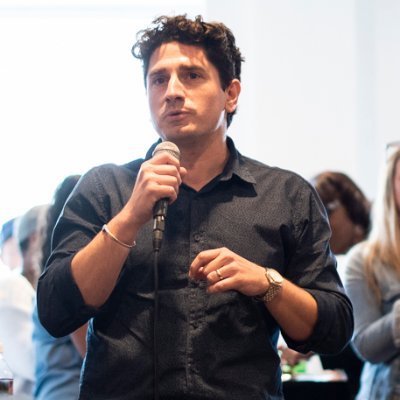
Amara Aguilar

Millie Tran
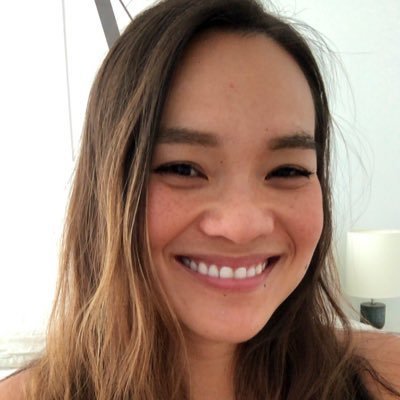
Victor Pickard

Whitney Phillips

Joshua P. Darr
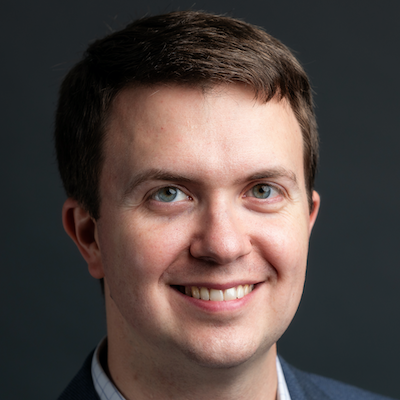
Nikki Usher

Jesse Holcomb
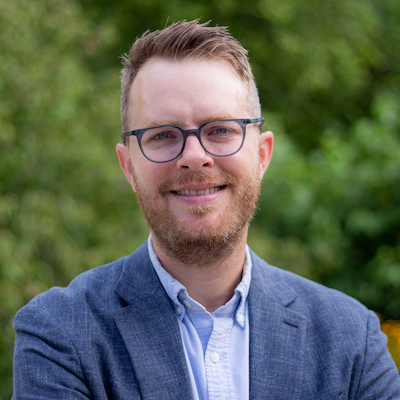
Mario García
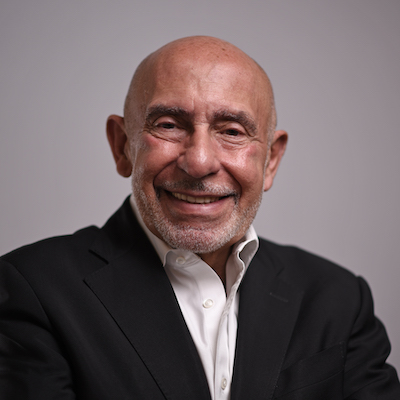
Tony Baranowski

Megan McCarthy

Zizi Papacharissi

Doris Truong
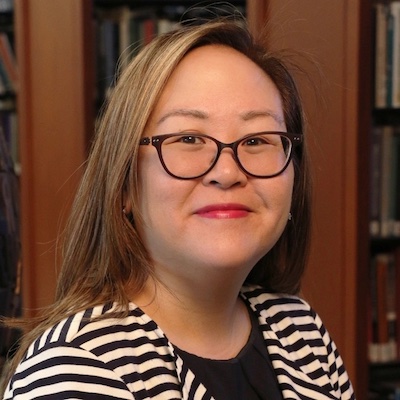
Joni Deutsch

Burt Herman
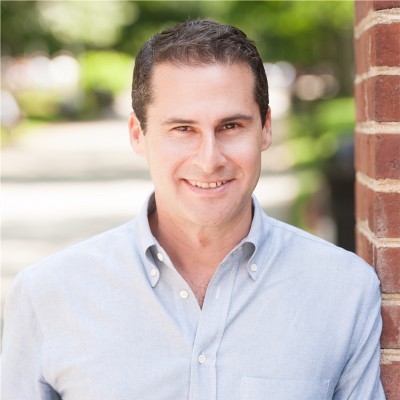
Kerri Hoffman
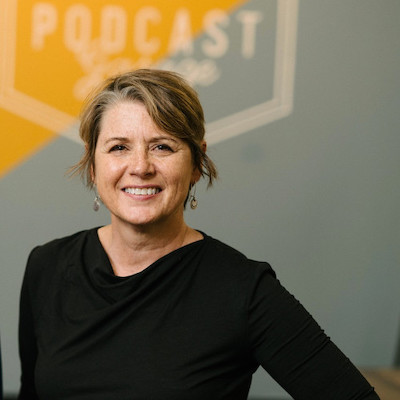
Jennifer Brandel

Tom Trewinnard

S. Mitra Kalita
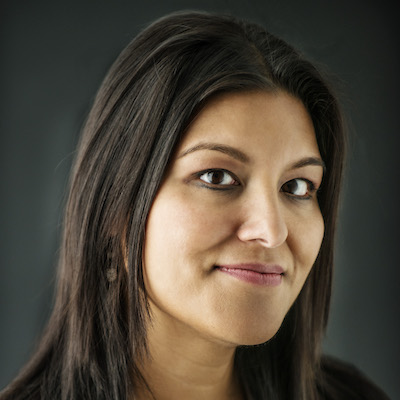
Tamar Charney
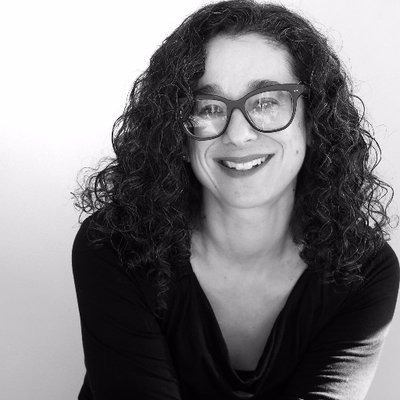
Christina Shih

Jennifer Coogan
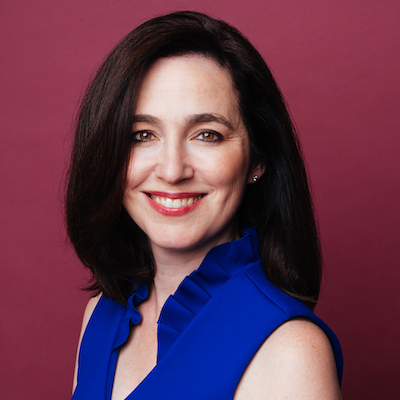
Natalia Viana
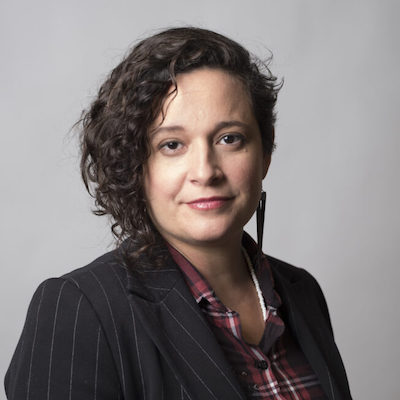
Shannon McGregor Carolyn Schmitt

Sarah Marshall

Brian Moritz

Joanne McNeil

Anika Anand

Janelle Salanga

Kathleen Searles Rebekah Trumble

Jonas Kaiser

Stephen Fowler

Alice Antheaume
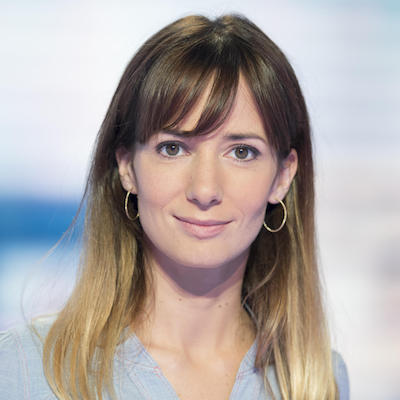
Sarah Stonbely

Chase Davis

Gabe Schneider
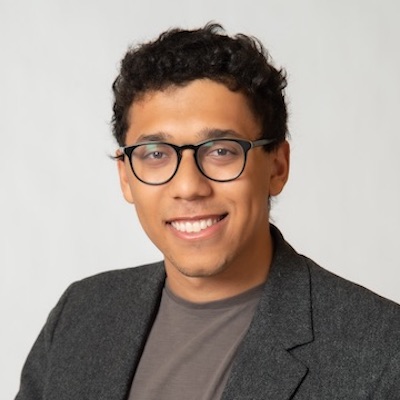
Andrew Freedman

Eric Nuzum
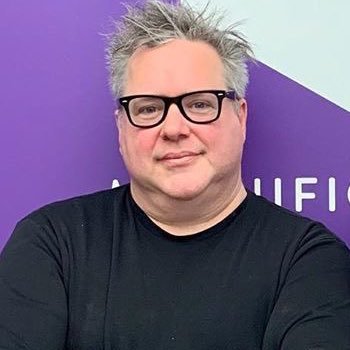
Kendra Pierre-Louis

Paul Cheung

Rasmus Kleis Nielsen

Kristen Jeffers
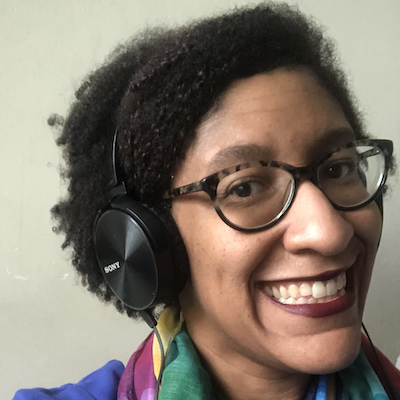
Jody Brannon

Matt Karolian
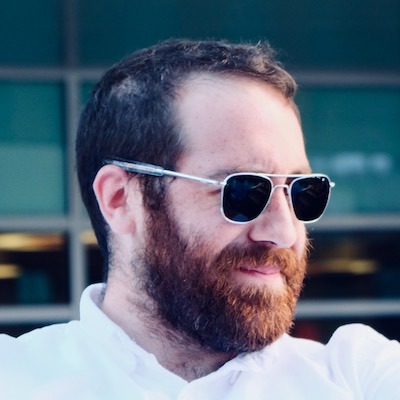
Matt DeRienzo

Moreno Cruz Osório

Errin Haines

Melody Kramer

Anthony Nadler

Izabella Kaminska
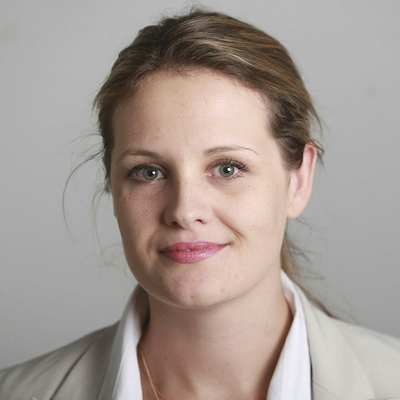
Mary Walter-Brown

Kristen Muller
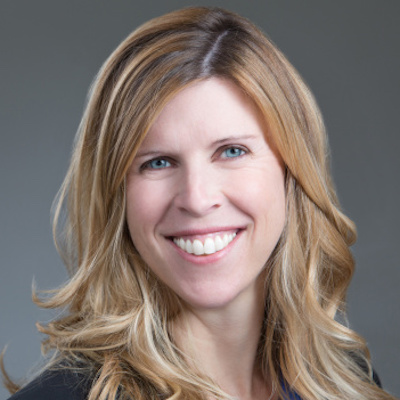
Robert Hernandez
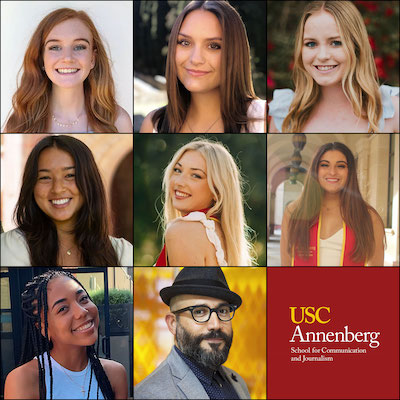
Joe Amditis

Jessica Clark

Mandy Jenkins

Cindy Royal

Laxmi Parthasarathy
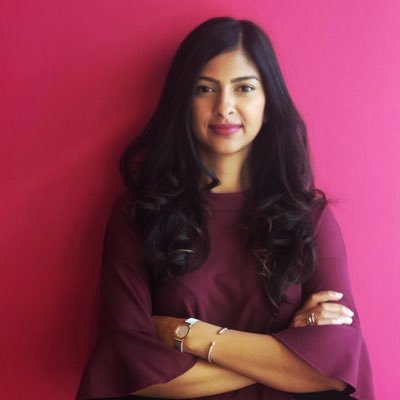
Matthew Pressman

Jesenia De Moya Correa
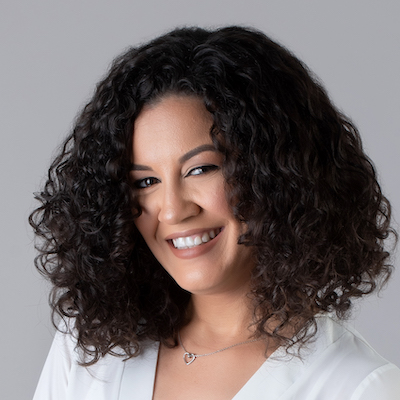
Joy Mayer

Chicas Poderosas

Juleyka Lantigua

Catalina Albeanu

Sam Guzik

Gonzalo del Peon

Francesco Zaffarano
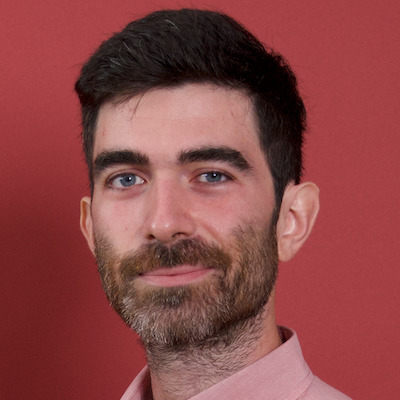
Larry Ryckman

Gordon Crovitz

Daniel Eilemberg
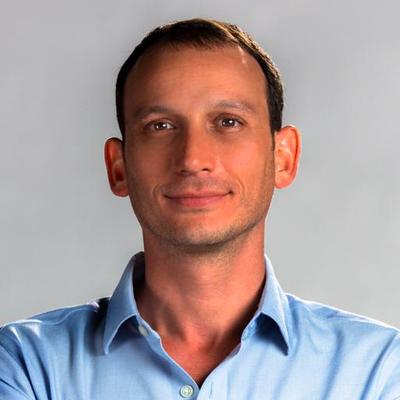
Shalabh Upadhyay
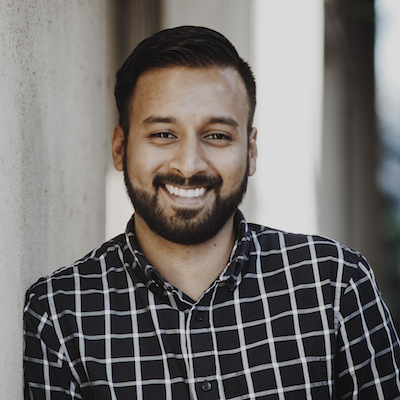
Rachel Glickhouse

Jim Friedlich
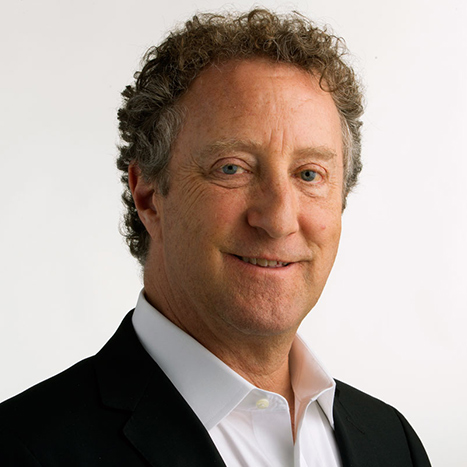
Julia Munslow

Parker Molloy

Amy Schmitz Weiss
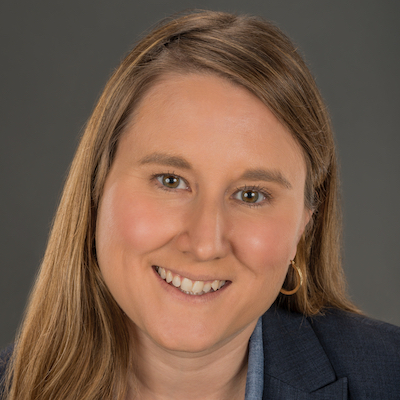
Anita Varma
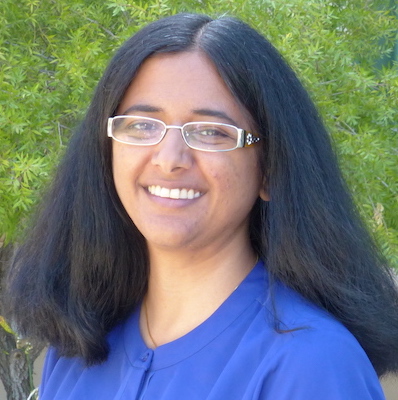
Richard Tofel

Simon Allison
